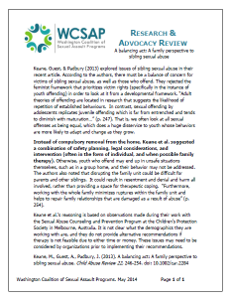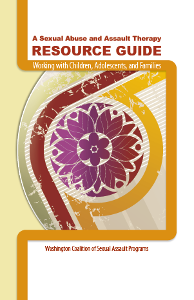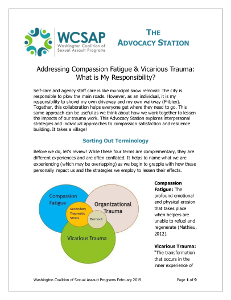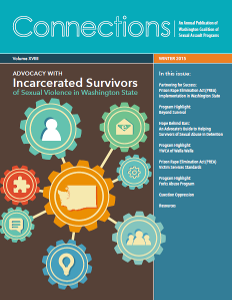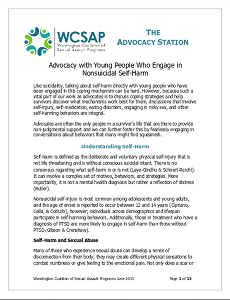Keane, Guest, & Padbury (2013) explored issues of sibling sexual abuse in their recent article. According to the authors, there must be a balance of concern for victims of sibling sexual abuse, as well as those who offend. They rejected the feminist framework that prioritizes victim rights (specifically in the instance of youth offending) in order to look at it from a developmental framework.
Adult theories of offending are located in research that suggests the…
